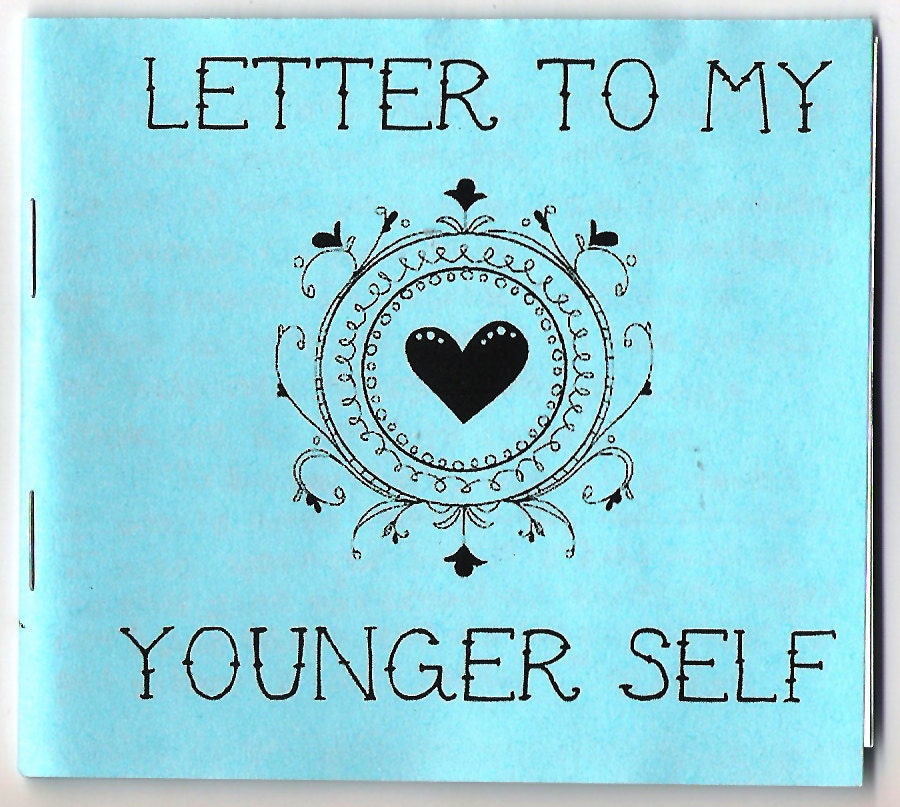I love using this Dr. Seuss book in my groups.
Here are some of my favorite quotes from the book:
"Today is your day...
You have brains in your head.
You have feet in your shoes.
You can steer yourself
any direction you choose...
And YOU are the guy who'll decide where to go....
You'll be on your way up!
You'll be seeing great sights!...
Wherever you fly, you'll be best of the best.
Wherever you go, you will top all the rest.
Except when you don't.
Because, sometimes, you won't.
I'm sorry to say so
but, sadly, it's true
that Bang-ups
and Hang-ups
can happen to you...
And when you're in a lump,
you're not in for much fun.
Un-slumping yourself
is not easily done....
Simple it's not, I'm afraid you will find....
But on you will go...
and face up to your problems
whatever they are...
You'll get mixed up, of course...
So be sure when you step,
and remember that Life's
a Great Balancing Act...
And will you succeed?
Yes! You will, indeed!!"
Copyright, 1990, published by Random House
Isn't that a great message? I love to use it in my groups because it talks about how we have the power to act, and not just react to the situations we find ourselves in. It says very clearly that we will have difficulties and times of fear and loneliness, but we can overcome them and still find success. I find that no matter what population I work with, this book is always a hit, because everyone can relate to some part of it.
Depending on the topic of the group, you can focus on different aspects of the book as you process it with the patients. For example, if the theme was coping skills, you might choose to talk about how you could cope when things don't go as planned, or you find yourself in a slump. If the theme is about making decisions, you could highlight the part in the book about deciding which way to go and how you make that choice. The possibilities are endless!! I hope you enjoy it!!
Idea submitted by Andrea Call, CTRS, TRS.


